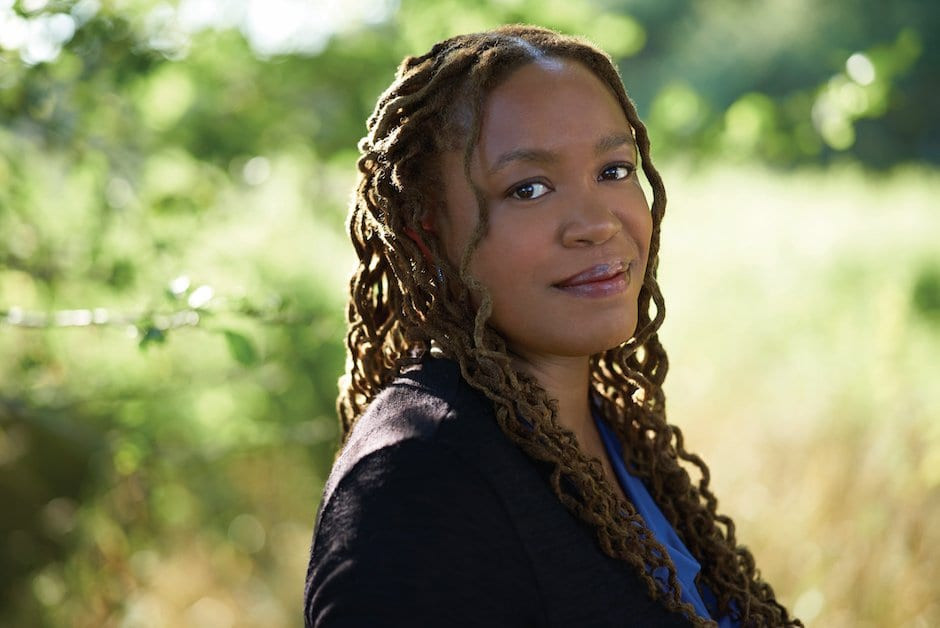A Conversation with Heather McGhee
By: Northern Virginia Health FoundationWhen Heather McGhee set out to write her book, The Sum of Us: What Racism Costs Everyone and How We Can Prosper Together, she was looking for answers to a single question: Why can’t we all have nice things?
Whether her focus was access to health care, well-funded schools, or even free, public swimming pools, McGhee’s research pointed to racist and discriminatory policies that not only excluded people of color but, as she argues, also negatively impacted society at large.
Despite her findings, McGhee is hopeful that we can achieve racial equity and, importantly, ensure that everyone has the opportunity for a better quality of life.She spoke more about that hope in a discussion with Northern Virginia Health Foundation (NVHF) President and CEO Patricia Mathews, where she covered topics such as:
Why equity is not a zero-sum game
How to explain systemic racism to leaders who may not understand it
How to develop and grow relationships with allies working to improve opportunity for everyone
What policies to address first in efforts to achieve racial equity;
Uncovering inequity in Northern Virginia
While the quality of life in Northern Virginia is generally good, the region is not immune to the health, racial, and economic disparities discussed in The Sum of Us. NVHF’s 2017 report, Getting Ahead: The Uneven Opportunity Landscape in Northern Virginia identified 15 islands of disadvantage. These are places where residents – often people of color and people with low incomes - face multiple, serious challenges interspersed among the region’s wealthy communities.
The COVID-19 pandemic only exacerbated these inequities. It showed us that patients who would require admission to Northern Virginia hospitals, occupy ICU beds, and who would potentially die from COVID-19 were likely to be people from Northern Virginia’s islands of disadvantage. These challenges did not happen by chance. Over many years, leaders at all levels of government have made decisions that have directly contributed to the conditions facing these residents.
Recommendations to Prosper Together
As the country continues its racial awakening in conjunction with a global pandemic, many leaders are considering how to create more equitable communities.
McGhee’s recommendations include first understanding that equity is a not zero-sum game. “Racism has a cost for everyone,” she says. “And on the flip side, racial equity truly will benefit us all. ”She also recommends that leaders focus on making improvements in education, workforce training, and public infrastructure.
These types of "solidarity dividends,” she explained help support families and can be the glue that hold together multiracial partnerships needed to achieve racial equity.
Through The Sum of Us, we are reminded that we are all connected and that progress for some does not have to come at another’s expense. Most importantly, we must keep in mind that to improve the health of an entire region, we must begin by reaching those who are furthest away from opportunity.

